
Registration opens May 16th!
Grammar Courses (Grades 3 - 6)

How Can I Draw Like That?
A mini-Course in Art
Art is a joy to do, and it’s even more enjoyable when we know what we’re doing! Drawing well is the very first thing artists learn to do. Drawing is to all other art media what the alphabet is to reading – fundamental. In this short studio course, we will learn the Elements of Shape and then practice their use as we draw together. We will use sources from Art History to give us examples to practice making difficult things simple. Then, we will take our copies of a master work and make them our own with an array of creative embellishments. This short course will be just a “taste” of the year-long Art I and II Grammar courses we offer. Designed for students in grades 3-6.

Knights and Kings for Kids
A mini-Course in Chess
Do you want to learn one of the oldest and most widespread games in the history of the world? This is the place for you! Taught by a professional chess coach in partnership with Veritas Scholars Academy, this mini-course will show young chess learners how chess pieces are supposed to move, an introduction to general opening principles, and how to win a game of chess, including some of the most important checkmate patterns. Each lesson will include time for puzzles, an activity to reinforce the topic, and even some mini-tournament time to play with other students.

Ninjas, Battleships, and Treasure Hunters!
A mini-Course in Math
How can pretending to be a ninja, the study of the game of Battleship, and going on a search for treasure help us learn about basic geometric and algebraic concepts? The beauty of God’s creation is all around us! In this mini-course, we will look at how we might determine the area of two-dimensional shapes as well as the area of more complex shapes. We’ll also search out “x”, since x marks the spot, and see how to solve one step and two step equations. And what is this x-y coordinate plane you’ve heard about? Come and find out! This class is designed for students in 3rd through 6th grades, and requires little to no previous understanding of Geometry.

Passport to the World
A mini-Course in Geography
What is geography, and why is it important to study? You’ll need your passport to find out! Let’s travel across the world’s continents and oceans, memorizing the continent and ocean names. Let’s dive deep into oceanography, discovering some of the lowest places on earth. Let’s explore the landforms that make up our planet and discover the highest place on earth. Finally, let’s travel to Asia and delve into some countries' cultures through photos, virtual field trips, music, art, or other means. Let’s have some fun getting prepared for Geography East or any other geography class you’d like to explore further at VSA!
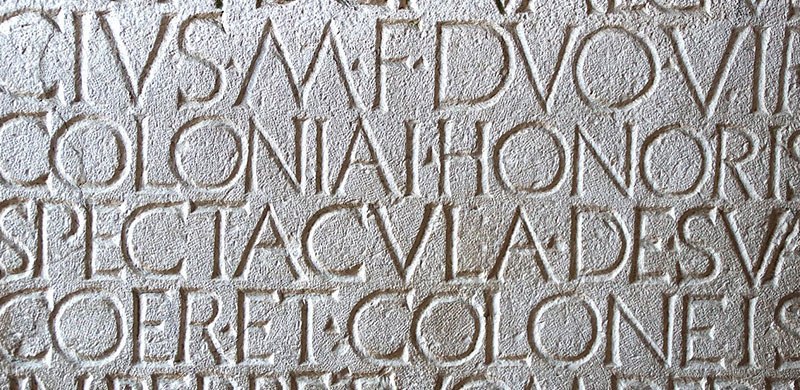
Roots, Rhymes, and Rhythms
A mini-Course in Latin
Amo, amas, amat! Who doesn’t love singing, chanting, and rhyming with their friends? Join a long-standing Veritas Scholars Academy teacher as we embark on a Latin odyssey of learning! In three short lessons, students and their peers will encounter the ancient language of the Romans. We’ll dive into the Latin alphabet, learn some grammar, and even a declension or two. Latin shouldn’t be intimidating once you’ve experienced this little series of lessons in the predecessor to Spanish, Italian, French, and Portuguese – some of the “romance languages.” Your child is going to love this mini-course! Designed for students in grades 3-6 who are new to Latin, just beginning, or want to have a great time honing their Latin language skills in a fun, engaging format.

Literature and Lovin' It
A mini-Course in Literature
Why is reading good literature important? Isn’t it just sitting down and simply reading? Let’s journey back to the time when pirates crossed the Seven Seas and find out! Spy on some of those gold-hunting buccaneers and discover that all is not what it appears to be. Unroll that secret map and discover the treasure that’s waiting where the X marks the spot! Let’s have some fun preparing for Literature 5 or any other literature class you’d like to explore further at VSA!
Secondary Courses (Grades 7 - 12)
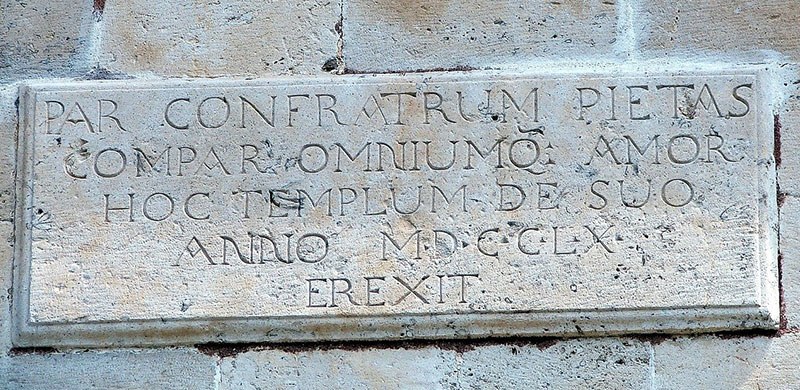
Breve and Immortal
A mini-Course in Latin
What do the words loquacious, interlocutor, and loquacity have in common? They all derive from the Latin word loqui which means “to talk”. Word derivation and meaning is just one aspect of this mini-class you will encounter as we embark on a Latin odyssey of learning! In three short lessons, you will learn about the language of science, art, medicine, religion, law, politics, and even math, while you study the ancient language of the Romans. We will cover the four aspects of learning a language: listening, speaking, reading, and writing. While it takes years to learn to read and write fluently in Latin, this course will introduce you to the sounds and complexities of the Roman alphabet and to the grammatical principles of declensions and conjugations. The task of learning Latin may seem daunting, but in the words of Publius Syrius, “He who begins has half the job done! (Qui coepit, dimidium facti habet).” Begin today and embark on a task well begun! This class is designed for students in grades 7-12 who are new to Latin or only just beginning.

Castles, Knights, and Kings
A mini-Course in Chess
If you already know how to move the pieces and know how to checkmate, this may be just the place for you! Taught by a professional chess coach in partnership with Veritas Scholars Academy, this mini-course will cover a handful of chess tactics, how to set these tactics up, and cover some fun chess history. Each session will include a lesson, a bit of time for puzzles, activities to reinforce topics, and dedicated “tournament time” to play with other students.
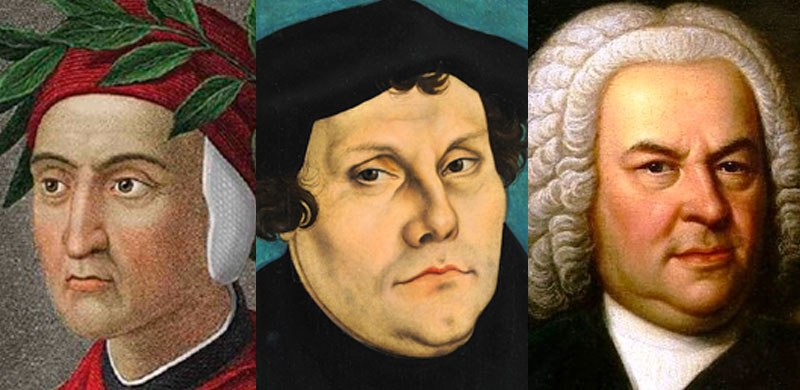
Dante, Luther, and Bach
A mini-Course in Omnibus
Most people recognize the names Dante, Luther and Bach, and we all have some convenient, summary categories to put them in. But how much do we really know about what they thought, wrote, and composed? Each of these famous individuals shaped the modern world in deep and profound ways, but have the details of their lives and works almost been forgotten? Spend some time examining each of these fascinating figures with a VSA Omnibus teacher who is passionately interested in understanding these three men, their historical context, and the ways in which they still touch and shape our lives.
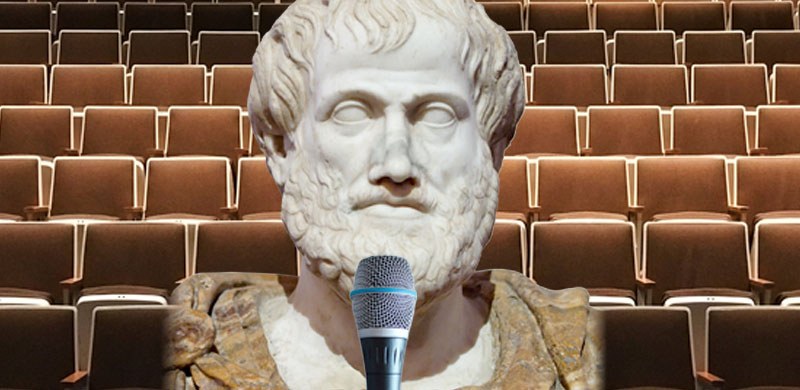
Stand Up Comedy
A mini-Course in Rhetoric
Do you like to laugh? Do you like funny things? Have you ever wondered why jokes make you laugh? Or what makes something funny? Or have you ever wanted to know how to be funny, and say funny things? Well then this mini-course is right for you. From the title though, you may wonder, “What does rhetoric have to do with being funny? Isn’t rhetoric about making speeches persuading people?” Well in the ancient Greco-Roman world training in comedy and joke telling was included in a student’s study of rhetoric. In fact, there were many writers of comedy in the ancient world. Cicero at times was skillful in placing jokes in his speeches that he actually learned the nickname “the stand up consul.” This is why the Rhetoric of Love series has several chapters on stand up comedy. In this course we will study the art of stand up comedy from studying contemporary comedians like Jim Gaffigan and Tim Hawkins. And if you want, you could even try your hand at making your own stand up routine to share with the class.
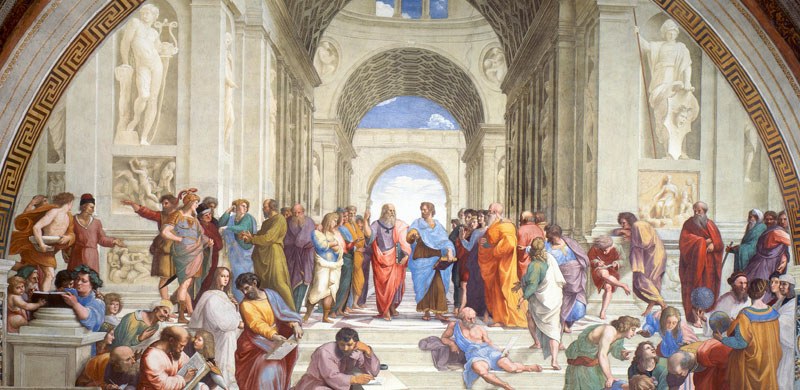
Lasting Perspectives
A mini-Course in Art
Art is a joy to do and it’s even more enjoyable when we know what we’re doing! In this short studio course, we will examine and then practice some of the Elements of Art by doing a few simple still lifes in pencil. Drawing well is the very first thing artists learned to do. Drawing is to all other art media what the alphabet is to reading – fundamental. And to draw well, we need to see well. God gave us an amazingly diverse and beautiful Creation from which to ‘draw’ our inspiration for doing art. So we will spend a little time considering how Creation inspires and guides the choices we make and methods we use in doing art. This short course will be just a ‘taste’ of the year-long Art Studio I we offer. This mini course is designed for students in the dialectic and rhetoric stages (grades 7-12).

Patterns and Order All Around Us
A mini-Course in Math
“When will I ever use this in real life?” The study of mathematics can seem daunting and frustrating as you struggle to make sense of the rules. But have you ever stopped to just ENJOY the mathematical patterns that exist in the world around you? Beauty and order are ever-present in the amazing world that God created and mathematics is the language we can use to describe this order. In this course, we will look at patterns found in nature and work at describing them mathematically AND artistically. We will also apply what we’ve learned about patterns in solving some interesting problems. This class is designed for students in the middle-school age range (pre-Algebra is prerequisite).

Red Herrings
A mini-Course in Logic
Ever found yourself on the brink of solving an important puzzle, only to find you’d been chasing a false lead? Under the teaching of one of VSA’s expert Logic instructors, your student will quickly learn that a Red Herring isn’t just a fish. In an age where sound reasoning and good arguments are often lacking, those who can think logically will find themselves at a significant advantage when solving practical problems, presenting a case for their faith, negotiating a business deal, or deconstructing the nightly news. Your student will want to dress comfortably – informally, as it were – as we delve into this mini-course in Logic. Designed for students in grades 7-9.

Are Funny Bones Humerus?
A mini-Course in Anatomy
The human body. Elegant. Creative. Ingenious. Designed with purpose, functionality and beauty – all with intent by a designer. God is the incredible designer behind the human body. This mini course will be focused on the structure, function and design of the skeletal system. With the use of histology slides, X-rays, engaging and joy filled conversation, and fossils, students will learn how bones are knit together, how cells converse with each other, and the multiple purposes of the skeletal system. This course will be most beneficial to high school students.
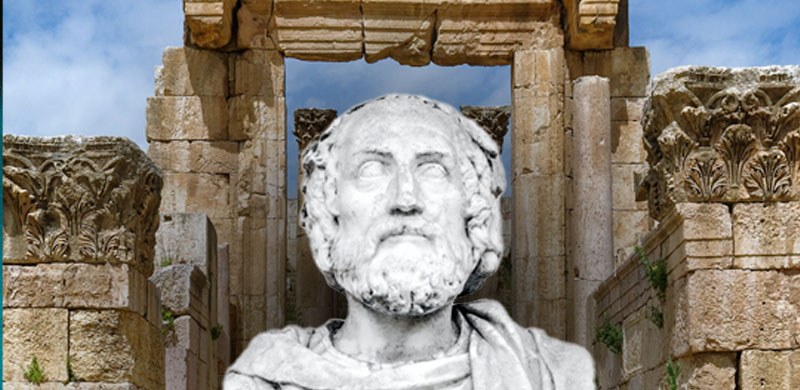
Totally Epic! Why the Ancients are Still Alive
A mini-Course in Omnibus
Were ancient myths just an attempt at explaining the world before science made them obsolete… or were they something more? Could it be that pop culture has misunderstood their purpose and they still serve the same function they did 2000 years ago? Join us in an epic journey to discover the vibrant world of the ancient epics like the Iliad, the Odyssey, the Aeneid, and even those of the far east like the Ramayana. You just might find that these tales of harrowing courage, existential angst, and the sorrows of the human condition may yet hold something the world desperately needs today.



